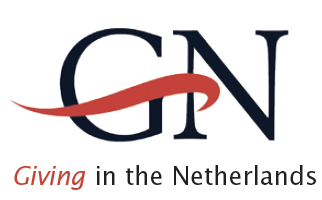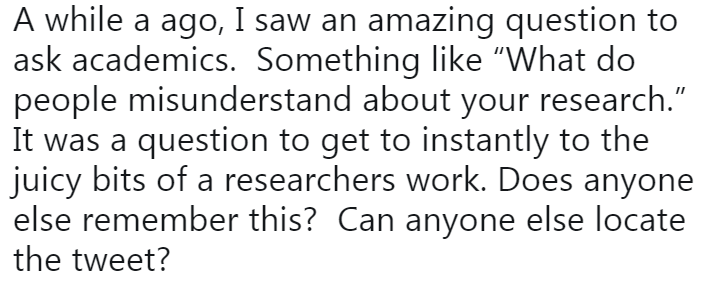To what extent does the accumulation of wealth reduce feelings of responsibility for society and behavioral manifestations of generosity, such as charitable giving and bequeathing? Since 2003, the level of generosity of the Dutch population, defined as the proportion of resources donated to charitable causes, has declined by about 40% (Bekkers, Gouwenberg, Koolen-Maas & Schuyt, 2022). At the same time, levels of wealth have increased (Rijksoverheid, 2022) and those with more wealth give considerably less as a proportion of their wealth (Wiepking, 2007; Bekkers, De Wit, & Wiepking, 2017). Why is that? Are more generous persons less likely to accumulate wealth? Or does wealth make people care less about those in need? How can generosity for public welfare among the wealthy in the Netherlands be enhanced?
To answer these understudied questions, I’ve designed a research project with innovative longitudinal analyses of unique administrative and survey data and with field experiments. It will be the first study of wealth and generosity in the Netherlands over the life course as well as after death through bequests. Also we will conduct field experiments in order to increase the amount donated to charities. Today is the deadline for pre-proposals; I’ve submitted one for the Open Competition-L in the Social Sciences and Humanities scheme at NWO. Following through on the commitment to the principle of transparency, I’ve made the plan publicly available at https://osf.io/e3mux/. I will also post evaluations, reviews and responses there.
Update, 18 February 2024: the full proposal is submitted. You can read it here: https://osf.io/59jvk. Also I’ve created a list of Frequently Asked Questions and answers – see here: https://osf.io/45dky.
References
Bekkers, R., Gouwenberg, B., Koolen-Maas, S. & Schuyt, T. (2022, Eds.). Giving in the Netherlands 2022: Summary. Amsterdam: Amsterdam University Press. https://osf.io/c6pju
Bekkers, R., De Wit, A. & Wiepking, P. (2017). Jubileumspecial: Twintig jaar Geven in Nederland. Pp. 61-94 in: Bekkers, R. Schuyt, T.N.M., & Gouwenberg, B.M. (Eds.). Geven in Nederland 2017: Giften, Sponsoring, Legaten en Vrijwilligerswerk. Amsterdam: Lenthe. https://renebekkers.files.wordpress.com/2018/06/bekkers_dewit_wiepking_17.pdf
Rijksoverheid (2022). Licht uit, spot aan: de vermogensverdeling. IBO Vermogensverdeling. Den Haag: Rijksoverheid. https://www.rijksfinancien.nl/sites/default/files/extrainfo/ibos/IBO%20Vermogensverdeling%20rapport%20-v2.pdf
Wiepking, P. (2007). The Philanthropic Poor: In Search of Explanations for the Relative Generosity of Lower Income Households. Voluntas, 18, 339–358 (2007). https://doi.org/10.1007/s11266-007-9049-1


